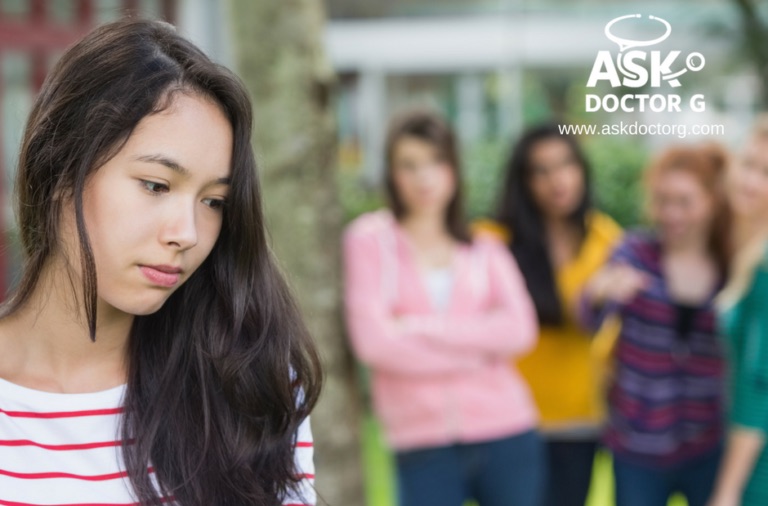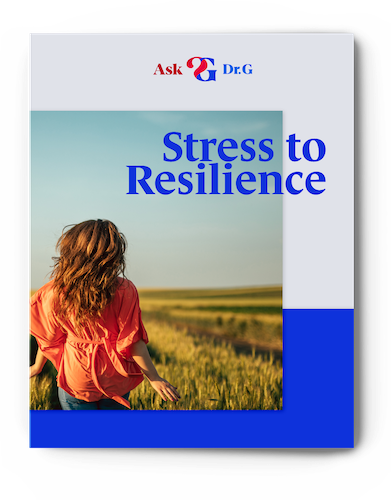Peer pressure is something that all children and parents are exposed to at one point or another. As parents, we worry about our kids and the influences they are subjected to by outside forces. When kids are younger, it may involve them taking small risks, like climbing something at recess (even though they don’t want to) because their friends dared them to. As kids get older and head into their teen years, the risks can become greater. Will they say no to drugs? Do the right thing? Stand up when someone else is being bullied?
The truth is, we can only take our kids so far. We can teach them that drugs are bad or not to be unkind to others, but when they are faced with pressure from their peers, how will they react?
There are ways that you can help tackle peer pressure with your kids and make them stronger, independent and resilient so that they don’t succumb to peer pressure and are able to make their own decisions without outside influences.
Not all peer pressure is bad!
There are lots of examples of time that we like the effects of peer pressure on our children. Like when they learn more in a study group than alone. Or when they exercise more as a part of a team. Or hang out with a younger sibling because their friends enjoy it. Remember that “group think” can have advantages. We need to teach them to think about what they’re being asked or pressured to do – and decide if they actually agree that it’s a good idea.
Give them the tools they need to face negative peer pressure.
- When helping your kids tackle peer pressure, communication is key. Be a good listener: that means really listening.
- Ask what solutions they’ve already tried
- Brainstorm what else might work
Talk with them about what types of situations they may encounter when in a group of friends and then ask “What would you do?” Use those answers to help guide them and also develop backup plans to get your kids out of a tough situation. It may be as simple as how to redirect their friends to finding a different activity, practicing saying no or even ways to remove themselves if they had to. And remember the value of having a secret word your child can text you or say on the phone that means “Get me outta here!”
Help Your Kids Find a Solid Group of Friends
We want our kids to be social, but let’s face it, not all kids know how to be true friends. First of all, get to know the kids spending time with yours. You don’t have to be their best buddies (you shouldn’t be, actually), but get to know them and their families. Who knows, you may have made a wrong assumption about a kid based on a first impression. Or you may have been 100% spot on. If there are kids that concern you, ask your child what they admire about those individuals and be around when those kids are.
Help Them Work on Their Inner-Strength & Self- Confidence
Kids who feel good about themselves and are assertive are less likely to succumb to peer pressure. You can help them work on their self-confidence and inner strength by getting them involved in hobbies, sports or other activities they love and feel good about.
Here is a great infographic that gets behind the science of peer pressure:

The Science of Peer Pressure by Wooden Toy Shop
Do you have any questions about kids and peer pressure or other parenting related questions? Submit them to my podcast, or ask me on Twitter and Facebook!




